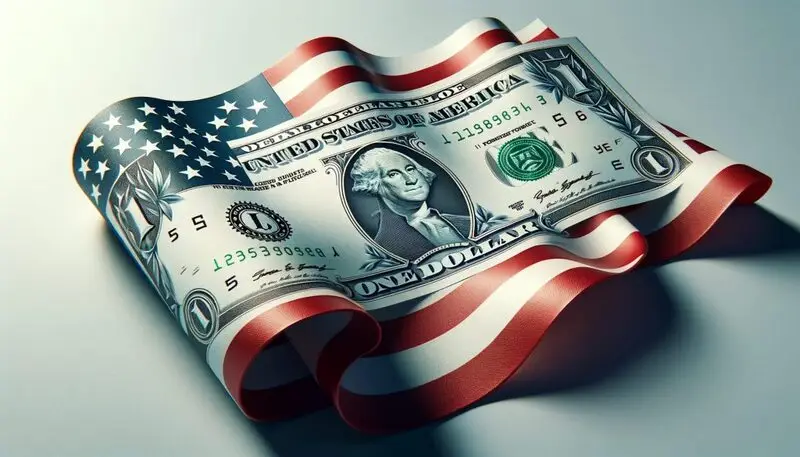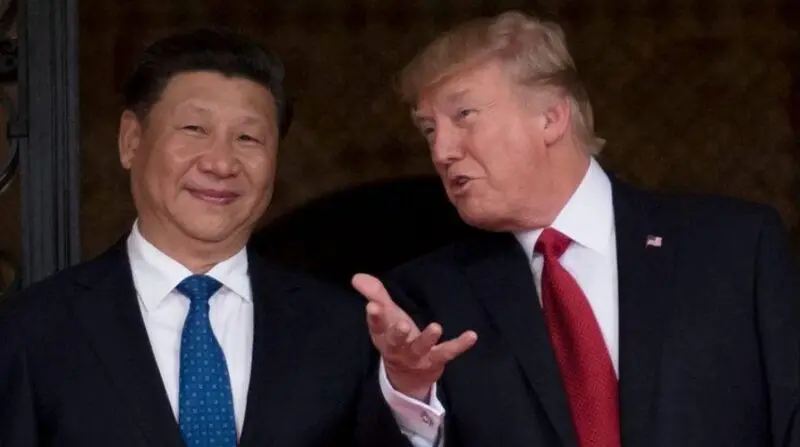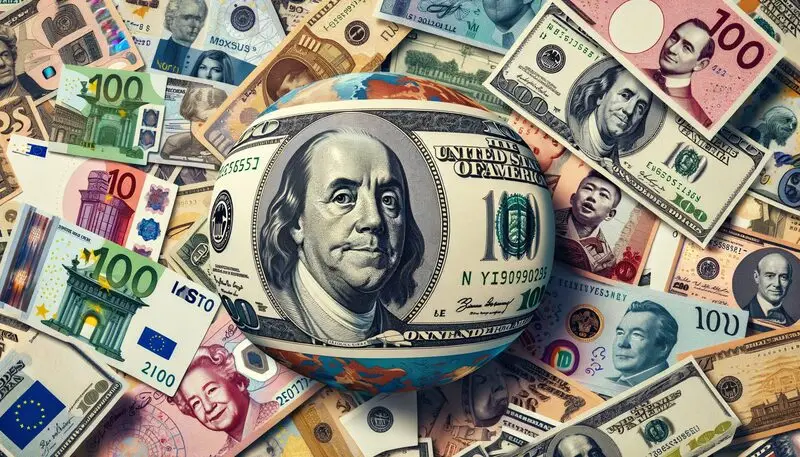The last two years have seen the global south orchestrate its very own de-dollarization initiative. Seeking to promote local currencies, was a way to combat the growing influence the West had on global finance. Although the greenback has maintained much of its strength amid BRICS action, one analyst has called the US dollar “grossly overvalued.”
The sentiment is tied to the overwhelming influence that the US dollar maintains. Currently, the state of Mississippi, the poorest state in the country, is richer per capita than either the United Kingdom or Japan. Although the reason for this reality can be debated, one economist notes it is likely due to the overwhelming overvaluation of the currency.

Also Read: BRICS: US Dollar Hits 2-Year High as De-Dollarization is Failing
US Dollar Called ‘Overvalued’ by Economist: Can That Push BRICS De-Dollarization?
2025 was always set to be a vital year for the BRICS alliance. With US President-elect Donald Trump returning to the White House, things are bound to change. The alliance has struggled with ongoing Western sanctions and answered with their own de-dollarization efforts. Yet, the returning President, unlike his predecessor, appears less enthused to sit by and allow such efforts to take place.
To this point, those efforts have failed. Indeed, Trump’s return has pushed the world’s global reserve currency to tremendous heights. Yet, the reason for that has recently come into question. Amid BRICS opposition, one analyst has called the US dollar “grossly overvalued” in a recent report.

Also Read: BRICS Pay: Is 2025 Now or Never for Alliance Payment System?
“The poorest state in the US—Mississippi—has a per capita dollar income that is higher than those of the UK, France, Italy, and Japan and is only slightly lower than Germany,” Stephen Jen of Eurizon SLJ said in a Financial Times piece.
“Does this make sense to you?” Jen added. “To us, this is another proof that the dollar is grossly overvalued, inflated in part due to the supersized fiscal program.” There is evidence for the claim throughout the US economy. Indeed, the report notes that many SU gas station managers earn more than European doctors.
Ultimately, Jen notes that the “US fiscal posture is unsustainable.” Indeed, it is going to require a massive initiative to bring down its deficit, or major problems will soon arise. The question is, can Trump and his incoming DOGE commission handle such a lofty task? However, what does this reality mean for the budding BRICS alliance?






